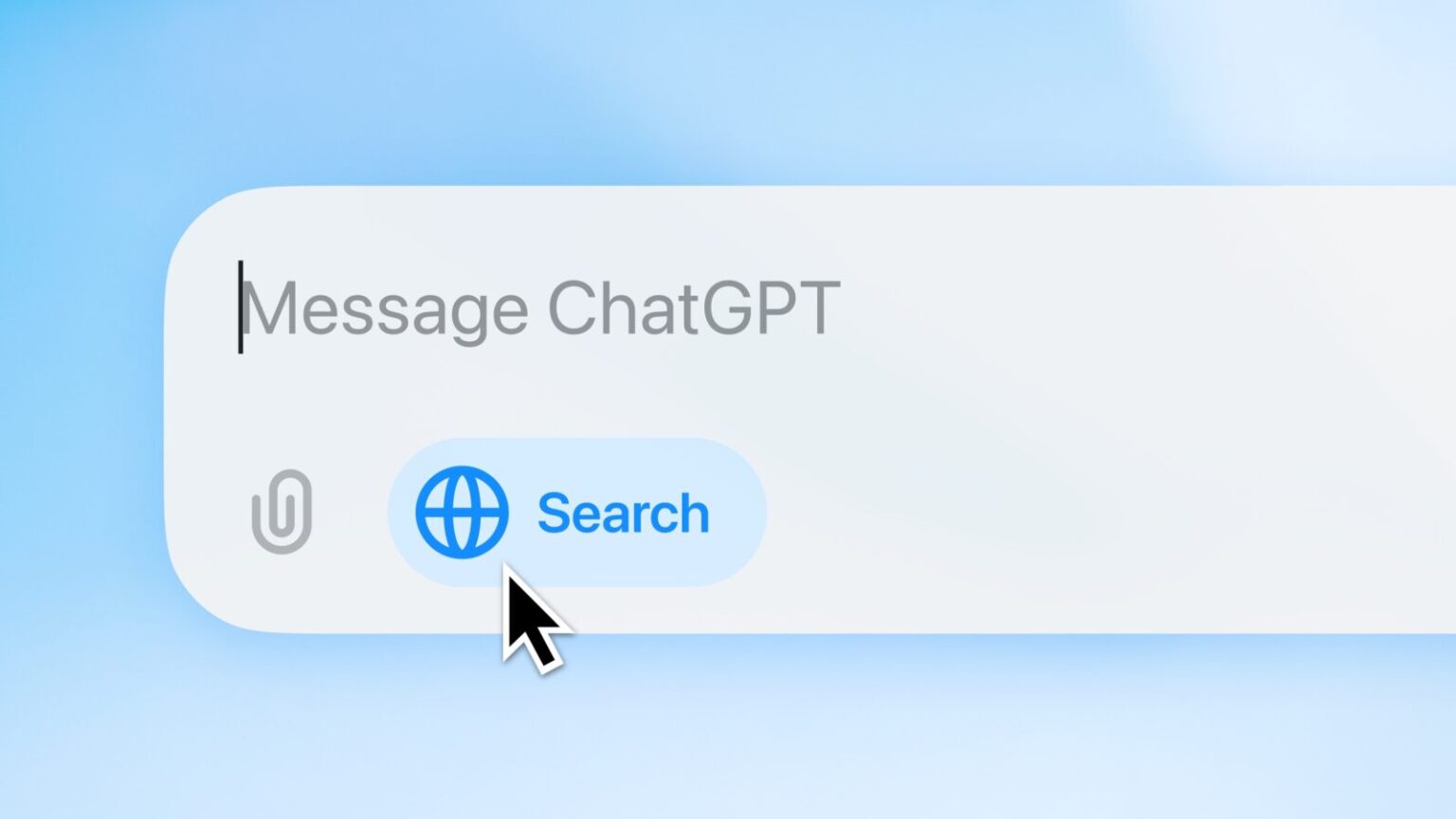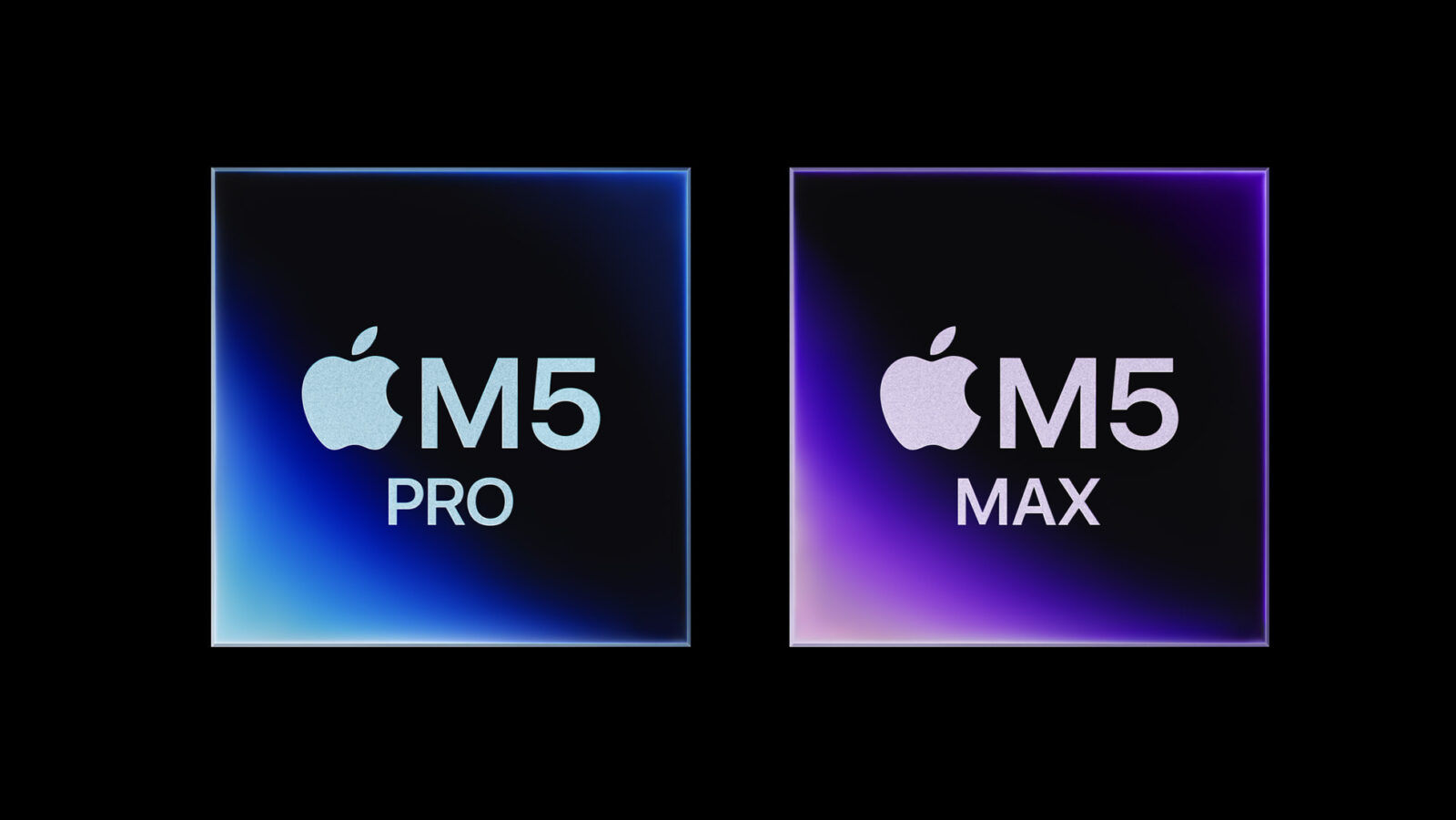OpenAI is adding new well-being tools to ChatGPT, aiming to make long interactions with the chatbot healthier and more mindful. The updates introduce two main features: break reminders during extended sessions and improved detection of signs of emotional distress.
The break reminders are described as “gentle nudges” that appear when a conversation has been going on for a long time, asking whether the user wants to pause or continue. The goal is to help people manage screen time and avoid unhealthy usage patterns, particularly for those who spend extended periods in conversation with the AI.
In addition, ChatGPT will be better equipped to recognize when a user might be experiencing mental or emotional strain. Rather than attempting to act as a substitute for therapy or making direct judgments, the system will point users toward relevant support resources. This includes situations involving sensitive or “high-stakes” personal decisions, such as relationship breakups or major life choices. In those cases, ChatGPT will avoid issuing definitive advice, instead helping users explore options and weigh pros and cons.
OpenAI says it has consulted with mental and physical health experts to inform these changes, with the aim of making ChatGPT more supportive without crossing into areas where professional guidance is essential. The company frames these steps as part of a broader effort to ensure that AI assistance remains a tool for reflection and exploration, rather than an authority making personal decisions on a user’s behalf.
These adjustments are rolling out gradually, so not all users will see them immediately. They come as ChatGPT continues to be used for an expanding range of personal queries, from emotional support to decision-making. With GPT-5 rumored to be on the horizon, these well-being features signal that OpenAI is looking to balance technological advancement with a focus on user health and responsible AI interaction.







